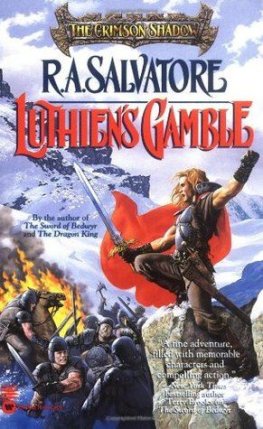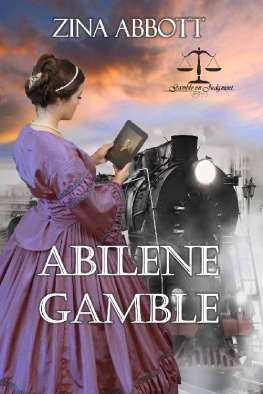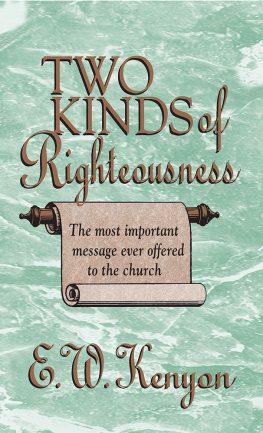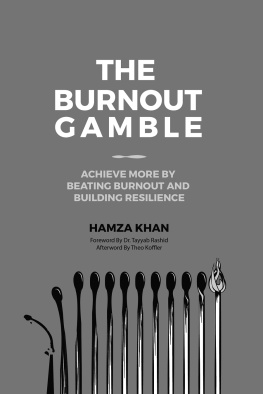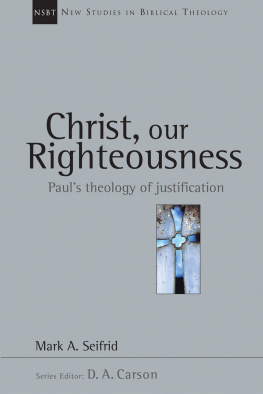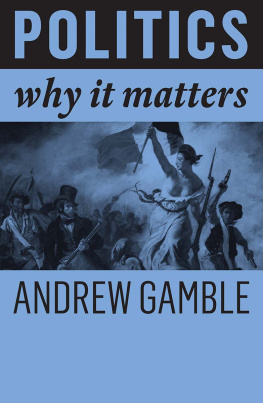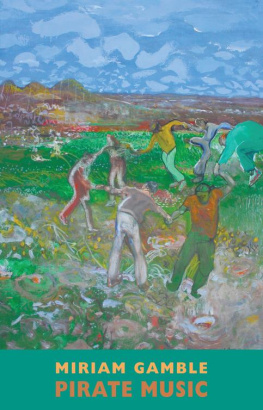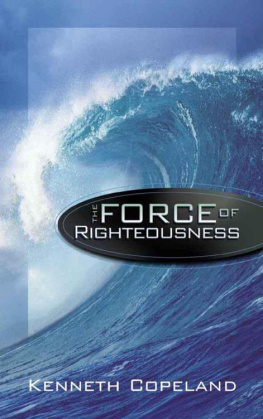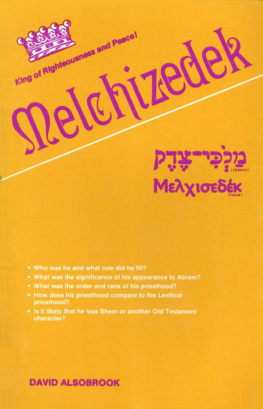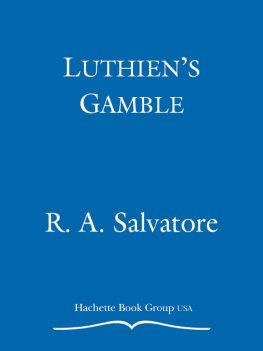Richard M. Gamble - The War for Righteousness
Here you can read online Richard M. Gamble - The War for Righteousness full text of the book (entire story) in english for free. Download pdf and epub, get meaning, cover and reviews about this ebook. genre: Romance novel. Description of the work, (preface) as well as reviews are available. Best literature library LitArk.com created for fans of good reading and offers a wide selection of genres:
Romance novel
Science fiction
Adventure
Detective
Science
History
Home and family
Prose
Art
Politics
Computer
Non-fiction
Religion
Business
Children
Humor
Choose a favorite category and find really read worthwhile books. Enjoy immersion in the world of imagination, feel the emotions of the characters or learn something new for yourself, make an fascinating discovery.

- Book:The War for Righteousness
- Author:
- Genre:
- Rating:4 / 5
- Favourites:Add to favourites
- Your mark:
- 80
- 1
- 2
- 3
- 4
- 5
The War for Righteousness: summary, description and annotation
We offer to read an annotation, description, summary or preface (depends on what the author of the book "The War for Righteousness" wrote himself). If you haven't found the necessary information about the book — write in the comments, we will try to find it.
The War for Righteousness — read online for free the complete book (whole text) full work
Below is the text of the book, divided by pages. System saving the place of the last page read, allows you to conveniently read the book "The War for Righteousness" online for free, without having to search again every time where you left off. Put a bookmark, and you can go to the page where you finished reading at any time.
Font size:
Interval:
Bookmark:


Wilmington, Del.
Were I not a wandering citizen whose city is the world,
I would not weep for all that fell before the flags were furled;
I would not let one murmur mar the trumpets volleying forth
How God grew weary of the kings, and the cold hell in the north.
But we whose hearts are homing birds have heavier thoughts of home,
Though the great eagles burn with gold on Paris or on Rome,
Who stand beside our dead and stare, like seers at an eclipse,
At the riddle of the island tale and the twilight of the ships.
For these were simple men that loved with hands and feet and eyes,
Whose souls were humbled to the hills and narrowed to the skies,
The hundred little lands within one little land that lie,
Where Severn seeks the sunset isles or Sussex scales the sky.
And what is theirs, though banners blow on Warsaw risen again,
Or ancient laughter walks in gold through vineyards of Lorraine,
Their dead are marked on English stones, their lives on English trees,
How little is the prize they win, how mean a coin for these
How small a shriveled laurel-leaf lies crumpled here and curled:
They died to save their country and they only saved the world.
MORE THAN CUSTOM AND GOOD manners prompts me to thank the people who have contributed to the research, writing, and publication of this book. It is a privilege to acknowledge my debt to those who have shaped and guided this volume over many years of labor.
From the earliest stages, John G. Sproat of the University of South Carolina provided generous and fair-minded mentoring. From his practical wisdom, he taught me never to separate style from content, and the degree to which I have lived up to that standard is due entirely to his example. Clyde Wilson, also of the University of South Carolina, has been a trusted friend whose integrity as a teacher and courage as a scholar continue to inspire me in my calling. I am also grateful to Martin Marty of the University of Chicago Divinity School for his repeated affirmation of my work at critical points in its development. Without his careful reading and penetrating suggestions, this book would not have its present form and structure. My thanks are due as well to Kendrick A. Clements, Marcia Synnott, Kevin Lewis, Elizabeth Fox-Genovese, Claes Ryn, and George Carey, all of whom read this book in various versions. Errors of fact and limitations of perception and judgment remain my own.
Financial support for this project came from the H. B. Earhart Foundation and from the Center for Study of Public Choice, George Mason University. Public Choice provided office space, a stretch of uninterrupted time, and a lively academic community in which to revise and rewrite the entire manuscript. The centers Jennifer Roback Morse, now of the Hoover Institution, twice helped a young historian stay committed to the academic life at a time when career opportunities seemed few and grim.
To Michael Federici of Mercyhurst College I offer profound thanks for many years of honest friendship, exemplary integrity, and intellectual motivation. Brooke and Mari Cadwallader and Cecilia Harrison, my kind hosts in France, have shown me warm hospitality on several excursions to the battlefields of Verdun. They have introduced my students and me to the strange beauty and haunting tragedy of the Western Front as no one else could have. Their irrepressible curiosity has stimulated my own fascination with the Western Front and deepened my abiding respect for the soldiers who fought there. This books publication is due in no small part to their unflagging enthusiasm for the project and to their conviction that I had told a story that needed to be known.
ISI Books has been a privilege to work with from the moment of our first contact. The editors and staff at ISI conduct themselves with a professionalism that ought to serve as a model for the world of academic publishing. I am grateful to publisher Jeff Nelson for supporting this project, to editor in chief Jeremy Beer for cultivating me as an author and for skillfully shepherding this book through to completion, and to production editor Nan Halsey for her sharp editorial eye. Her grasp of the smallest nuance and detail reassured me that I was in the care of a very capable editor.
My colleagues at Palm Beach Atlantic University, both faculty and staff, have provided an academic home for me for nearly a decade. Special thanks are due to my fellow teachers in the Honors Program and in the Department of History and Political Science. Foremost among these is Carol Woodfin, who provides ballast and good humor in the unpredictable currents of academia. Students in my course on the American identity helped me ponder the long history of Americas messianic self-understanding and to place American involvement in the First World War within the larger context of national experience and aspirations. A special place in my memories will always belong to the students who have accompanied me to the Western Front. They have enabled me to glimpse through fresh eyes the poignancy of the war experience and the degree of sacrifice demanded on both sides. Sam Fielder has trudged with me through miles of forests and trenches and mud. He has taught me something every step of the journey.
Finally, I wish to thank my family for many years of faithful support, love, and patience. If possible, their eager anticipation of this books appearance has exceeded my own. I hope that the accumulated and accumulating debt of gratitude I owe to my parents is repaid, at least to a small degree, by this books dedication.
WANDERING FOR MILES ALONG the narrow roads that thread their way among the modest farms and tiny villages of northeastern France, the modern pilgrim is unprepared for the dazzling spectacle of the American military cemetery of the Meuse-Argonne. Situated in a rural landscape that still bears the scars of the twentieth-centurys domineering will to power, the massive cemetery blankets hundreds of perfectly manicured acres donated to the United States by a grateful France in 1918. A chapel stands at one end with a commanding view of tree-lined roads, tranquil gardens, and endless rows of thousands upon thousands of precisely aligned white crosses. Inside the chapel, a book of remembrance records the sentiments of guests, often simply saying, Merci pour la France . The ceiling and walls bear pious inscriptions promising that these men and their brave deeds will never be forgotten.
On rare sunny days in the otherwise sodden and chilly climate of this remote part of France, the marble crosses gleam with an arresting brilliance. They silently await the Judgment Day in solemn testimony to the American servicemen who died in the grim and bloody action along the Western Front, not far from the horror of Verdun, in the final autumn of the war. Scattered among the crosses are some that simply read, Here rests in honored glory an American soldier known but to God. But most provide the soldiers name, rank, home state, and date of death. Some were killed as late as the very morning of the Armistice; others died of their wounds months later. No date of birth is given, however, obscuring just how young, how tragically young, most of these soldiers were when they fell. Despite the apparent uniformity and blended anonymity of this voiceless democracy of the dead, these crosses bear family names from Italy, Poland, Germany, France, the British Isles, Russia, and beyondEuropes sons returned to fight Europes war.
Font size:
Interval:
Bookmark:
Similar books «The War for Righteousness»
Look at similar books to The War for Righteousness. We have selected literature similar in name and meaning in the hope of providing readers with more options to find new, interesting, not yet read works.
Discussion, reviews of the book The War for Righteousness and just readers' own opinions. Leave your comments, write what you think about the work, its meaning or the main characters. Specify what exactly you liked and what you didn't like, and why you think so.

